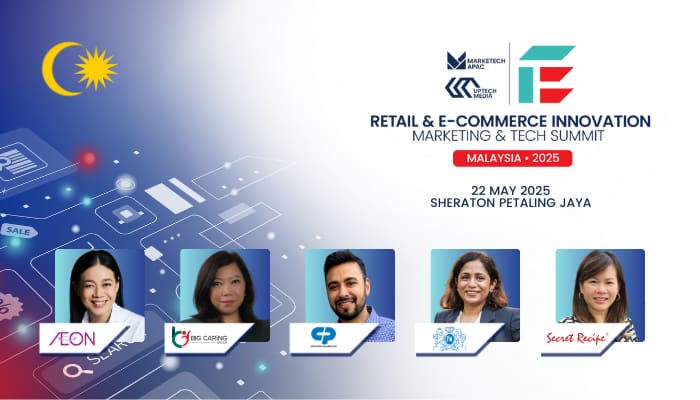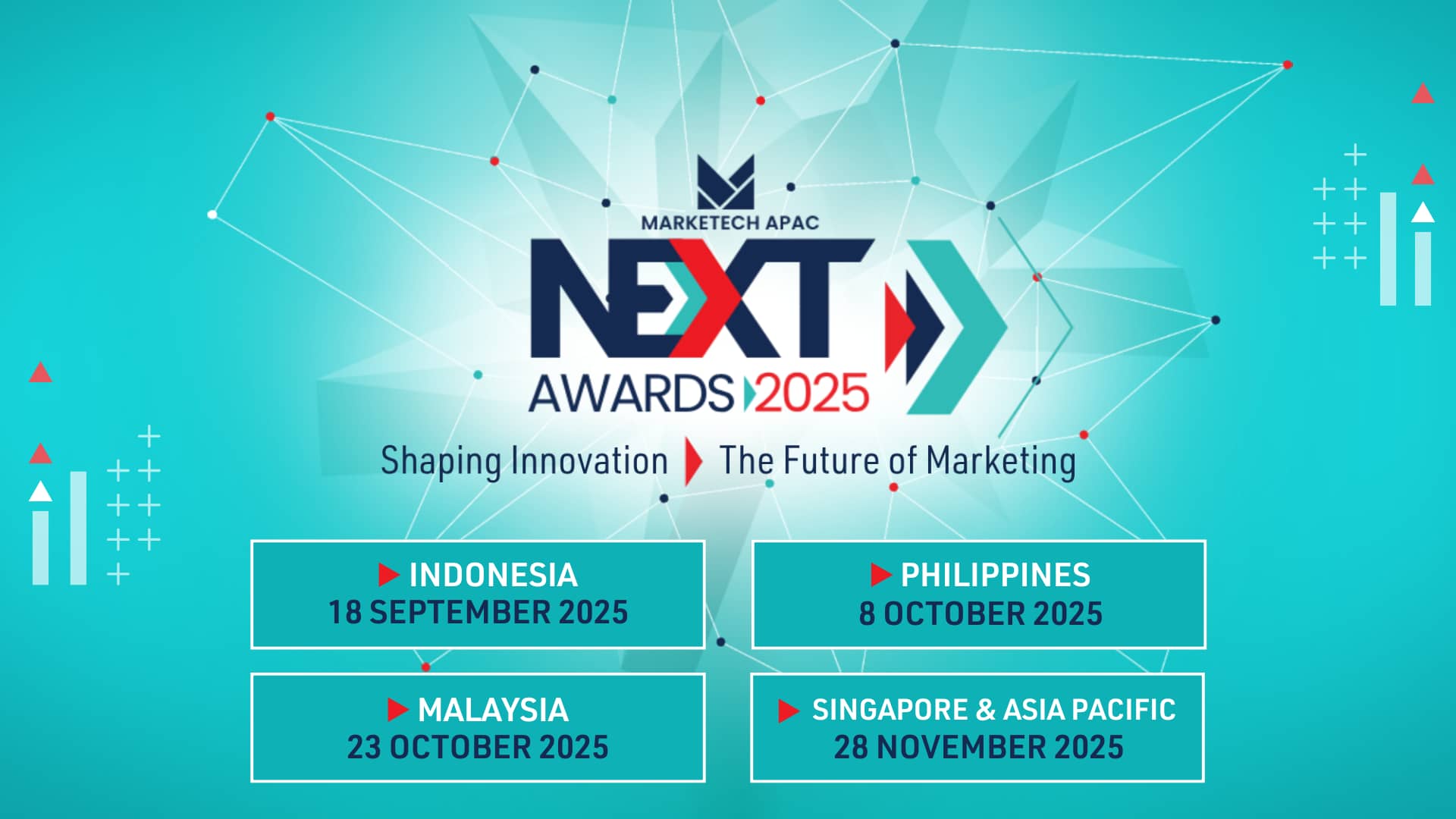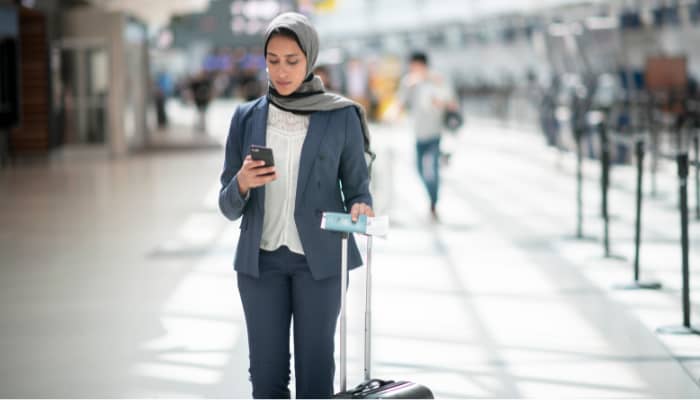As the digital economy continues to expand in 2025, digitalisation remains a priority for MSMEs striving for long-term success. However, adopting digital solutions is not always straightforward. According to EY, two in five MSMEs find digital adoption daunting. At the same time, waning consumer loyalty and rising expectations are pushing businesses to rethink their marketing strategies and embrace digital tools to foster trust online.
How can MSMEs balance digitalisation with meeting customer needs without becoming overwhelmed? The key lies in understanding their customers’ unique shopping journeys and enhancing their experience incrementally with targeted digital solutions.
Making online shopping feel more human
While transactions are critical conversion points, what truly matters to consumers is the experience leading up to a purchase. Increasingly, consumers prefer shopping experiences that seamlessly fit into their lifestyles, helping them find the right products at the right time.
Take new homeowners, for example. Traditionally, they might visit a furniture store and rely on a sales associate to guide them from sofas and coffee tables to shelves and cabinets. Customers enjoy experiences like this as it reassures them that they are in good hands, and helps them trust that the associate understands and proactively addresses their needs.
Through technology, MSMEs can replicate this personalised shopping journey online. Today, e-commerce platforms like Shopee deploy AI-powered solutions such as tailored search results and smart product recommendations. These tools require minimal effort from small business owners but significantly enhance the customer experience, making online shopping feel more intuitive and personalised.
Earn trust by working with genuine, trustworthy advocates
As consumers become more savvy, driving purchases requires more than just trustworthy and personalised browsing experiences. A 2024 Kantar survey commissioned by Shopee found that Southeast Asian shoppers also rely heavily on recommendations from other consumers when making purchase decisions. In addition to user reviews, MSMEs can also explore other touchpoints and sources to tell their brand story and help consumers trust their brand.
One effective approach is partnering with affiliates—including established content partners and trusted key opinion leaders (KOLs)—to promote their brands and products. Traditionally, brands have to individually vet and negotiate with affiliates for such collaborations. Today, MSMEs can use simple solutions to find relevant KOLs and choose cost-effective partnerships, whether through fixed per-post payments or commission-based models tied to sales.
For instance, a local seller of professional-grade photography and filming equipment can collaborate with budding content creators on affiliate marketing campaigns. These affiliates, who may be everyday consumers rather than influencers, can then share product demos, reviews, and experiences through social media posts, short videos, or personal livestream sessions. This enables potential buyers to learn about products authentically from a third party while also allowing other users to contribute by sharing their own experiences, further reinforcing credibility and trust.
Convert trust to loyalty by delivering on your promises
Unlike brick-and-mortar retail, the e-commerce customer journey doesn’t end at checkout. When it comes to online shopping, a seamless fulfilment experience can also contribute greatly to fostering brand loyalty. Shopee’s 2024 survey highlights this, with shoppers ranking timely deliveries as a top priority. However, many MSMEs, especially those new to online selling, struggle with logistics and inventory management due to limited resources, fragmented supply chains, and unpredictable demand. These occasionally lead to stock shortages, delayed shipments, and dissatisfied customers.
To overcome these hurdles, MSMEs can leverage digital solutions to optimise inventory planning and logistics. By analysing past sales trends, AI-driven forecasting tools help businesses predict demand surges and maintain sufficient stock, reducing the risk of cancelled orders. Additionally, working with logistics partners that provide accurate delivery date estimation enables MSMEs to provide customers with greater transparency and confidence in their purchases. These technologies not only enhance fulfilment efficiency but also help small businesses build stronger customer relationships.
The rapid pace of change—driven by technology, economic shifts, and evolving consumer behaviour—means that simply having an online presence is no longer enough. To earn trust and long-term loyalty, MSMEs must provide a seamless and reliable shopping experience. While this may seem daunting, modern technology makes it easier than ever for small businesses to meet rising customer expectations, build credibility, and position themselves for sustained growth in 2025 and beyond.

This thought leadership is written by Huiyan Pan, Regional Marketing Lead, Shopee
The insight is published as part of MARKETECH APAC’s thought leadership series under What’s NEXT in Marketing 2025, a multi-platform industry initiative which features marketing and industry leaders in APAC sharing their marketing insights and predictions for 2025 and beyond.

















